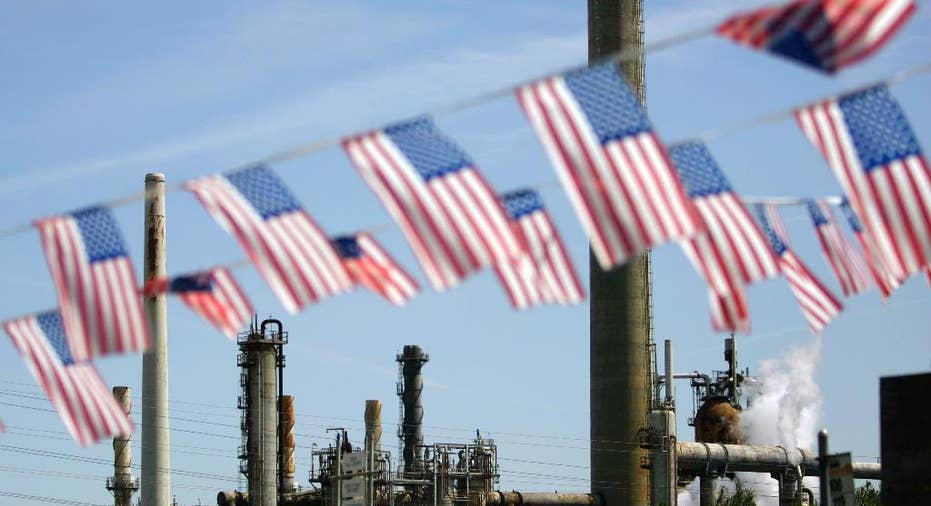California lawmakers approve extension of climate change law

SACRAMENTO, Calif. – California lawmakers voted Wednesday to extend the state's landmark climate change law — the most aggressive in the nation — by another 10 years, resisting fierce opposition from oil companies and other business interests to keep the program alive at least through 2030.
Democratic Gov. Jerry Brown, a strong advocate of the state's climate initiatives, has said he'll sign the bill when it comes to his desk.
The move keeps alive the legal framework that underpins California's wide-ranging efforts to fight climate change, from a tax on pollution to zero-emission vehicle mandates and restrictions on the carbon content of gasoline and diesel fuel.
"We can wean ourselves from a fossil fuel 20th Century to a renewably fueled 21st Century, which is where we all know we need to get if we're going to have a planet on which to live in the decades ahead," said Sen. Mark Leno, D-San Francisco.
SB32 passed in the Senate on a 25-13 vote, a day after it won crucial support from business-minded Democratic lawmakers in the state Assembly with encouragement from the White House.
In 2006, California set an ambitious goal to reduce greenhouse-gas emissions to 1990 levels by 2020, when the initial effort would end. SB32 sets a new goal to reduce emissions 40 percent below 1990 levels by 2030. It is tied to the fate of another bill, AB197, to provide greater legislative oversight of the appointed Air Resources Board, which is responsible for executing the law. The Assembly approved that bill Wednesday, sending it to Brown.
Democratic lawmakers celebrated the victory, saying it ensures California will continue to be a pioneer in the global fight against climate change.
Passage of the bill is a major victory for Brown, who has traveled the world promoting California's climate change programs and staked his legacy on his ability to reduce the amount of greenhouse gas emissions.
In its journey through the Legislature, the bill got just one Republican vote, from a lawmaker who represents a strongly Democratic district in the San Francisco Bay Area.
Republicans contend the law has raised prices for consumers without making a substantial dent in the volume of global climate emissions. Higher energy prices are particularly harmful in the inland Central Valley, where summers are hotter and winters colder than in the coastal cities where Democrats dominate, said Sen. Andy Vidak, R-Hanford.
"It's shameful when coastal elites have no sympathy for the middle class and the working poor who do not live on the coast," Vidak said.
Still, passage of the bill would not settle the legal or economic uncertainty surround the state's highest profile carbon-reduction effort, a tax on carbon known as cap-and-trade, which requires polluters to buy permits to emit greenhouse gases.
The program is being challenged in court by the California Chamber of Commerce, which argues it's a tax that should have been approved by two-thirds of the lawmakers in each legislative chamber. Its lawsuit is pending in a state appeals court.
After consistently selling out, generating billions of dollars in revenue for the state, California's last two permit actions have sputtered. State officials said Tuesday that just over a third of the available permits were sold in an auction last week.
The expiring global warming law has hung in the balance as Brown and the Legislature approved a budget this year and negotiated Democratic priorities. The Brown administration and other Democrats lowered expectations that SB32 would find enough support earlier this month. While the Senate approved an even more ambitious extension last year, moderate Democrats in the Assembly balked.
As Brown and his allies scrambled to round up support, several moderate Democrats who previously refused to support the legislation said they received calls from Jerry Abramson, deputy assistant to the president and White House director of intergovernmental affairs, urging them to support it.



















